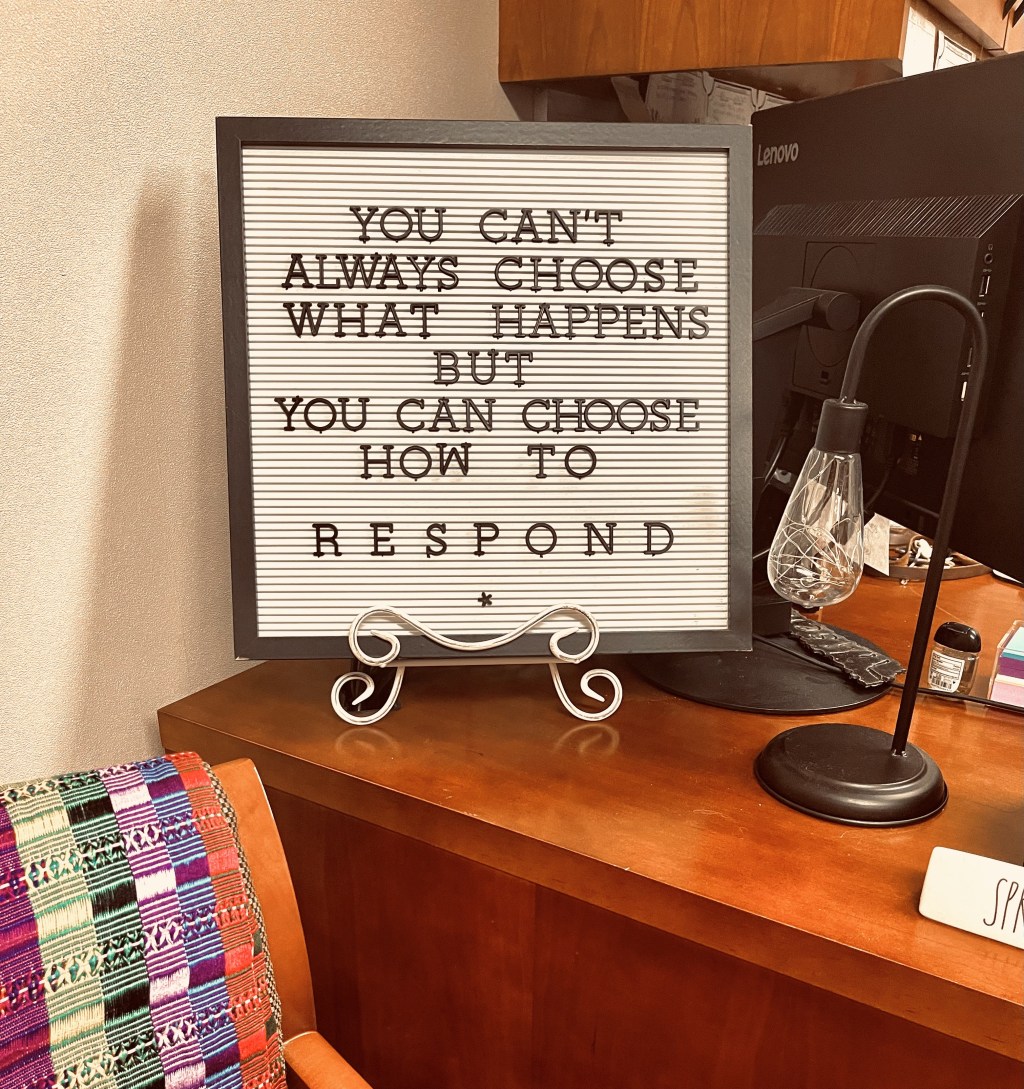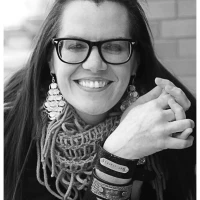It took me a long time to “come into myself” as a teacher. It wasn’t really until year ten that I fully realized myself as an educator and definitely embraced my style and philosophy of teaching. This year, as I begin year two as an administrator and year 24 in education, I find myself holding tightly to the one phrase I have told countless newbies as they enter the profession:
Don’t take it personally.
A young paraprofessional sat in my office some time ago asking my advice about an issue. I told her that if I were her age again, I would tell myself, “Carrie, it’s not about you.”
Some of the most difficult scenarios we face as educators involve taking it personally. The kids don’t like the assignment (“But I worked HARD on that!”), the kid falls asleep (“How DARE he be bored by my lesson!”), or maybe the kid talks back (“How disrespectful!”).
When a student expresses dislike, sleeps, talks back, gets upset — it is about his own pain, her own home life, his own insecurities — and it often has absolutely nothing to do with the teacher (or administrator). You just happen to be in the way that day.
You are the safest way for them to express it — even if it is done in the WRONG WAY. You see, the teacher is the professional. The teacher is supposed to be the adult. The one who can handle it. So whether the student knows it or not, he is choosing a safe place to act out — and it isn’t about the teacher. It’s about him. It’s about her.
You see, LIFE > SCHOOL. Whatever life stuff a kid is dealing with will definitely score higher on the importance scale than your Geometry lesson. A divorce will get more thought time than your History reenactment. And that essay is not going to rank above a recent break-up (and that certainly makes me sad as a former English teacher).
Finding the WHY behind the behavior is not an EXCUSE, but it gives an explanation. And as an educator, I have found the following to be helpful:
- Don’t take it personally
- Don’t engage in the argument
- Always err on the side of empathy — step in their shoes for a hot second and try to think about it from the student’s point of view
Self-defense expert Tim Larkin suggests employing the Three Day test:
Three days from now, if you’re sitting in a jail cell or laying in a pine box, was the escalation worth it?
Was it worth it to allow that student to get under your skin or in your head? Was it worthwhile to let him or her affect your emotions? Does it matter whether or not you win? At the end of the day, a kid is just that: a kid. And the ability they have to self-regulate is limited.
I love the wisdom of Marcus Aurelius: “You don’t have to turn it into something. It doesn’t have to upset you.” It sounds a lot like what I tell my students. “You can’t always choose what happens to you, but you CAN choose how you respond to it.”
The day I stopped taking it personally was the day I found new freedom as an educator. And my students felt the freedom, too. Honestly, I didn’t have many issues with kids. Because once they realize you aren’t taking it personally, they won’t take it out on you anymore. They watch what you do and how you model it. They listen to your thoughts. They learn by seeing you doing your own self-regulation and they emulate it.
It’s not a perfect plan. But it saved me a lot of heartache. And when a lesson would flop, I could fully admit it. When I was wrong about something, I could laugh along with the students. When I completely messed up, I could be vulnerable and own it.
Because seriously, it’s not personal.











